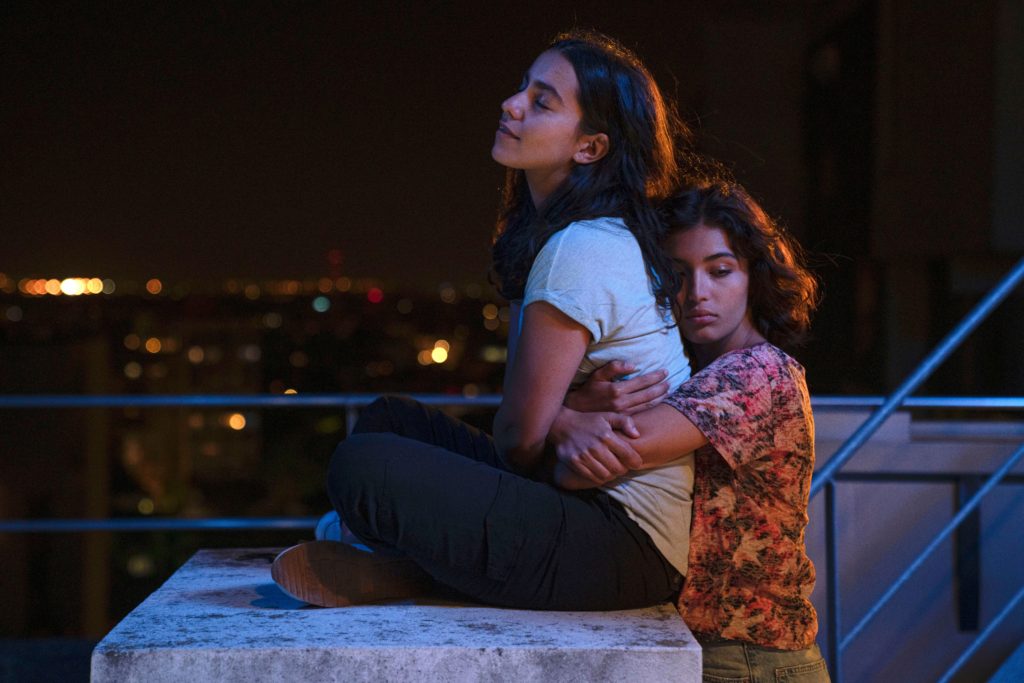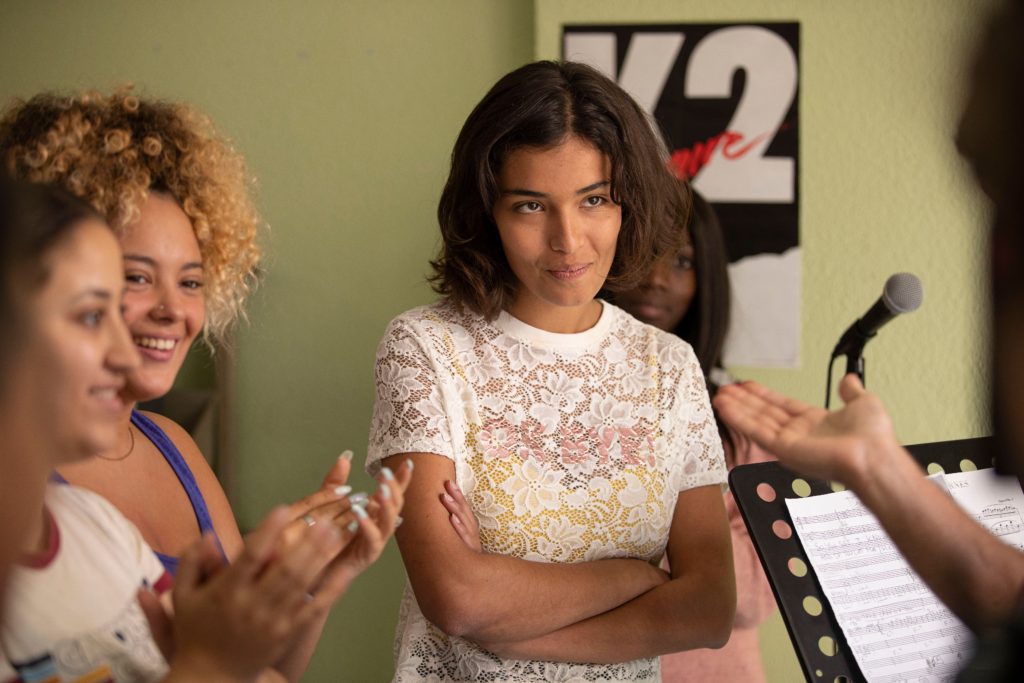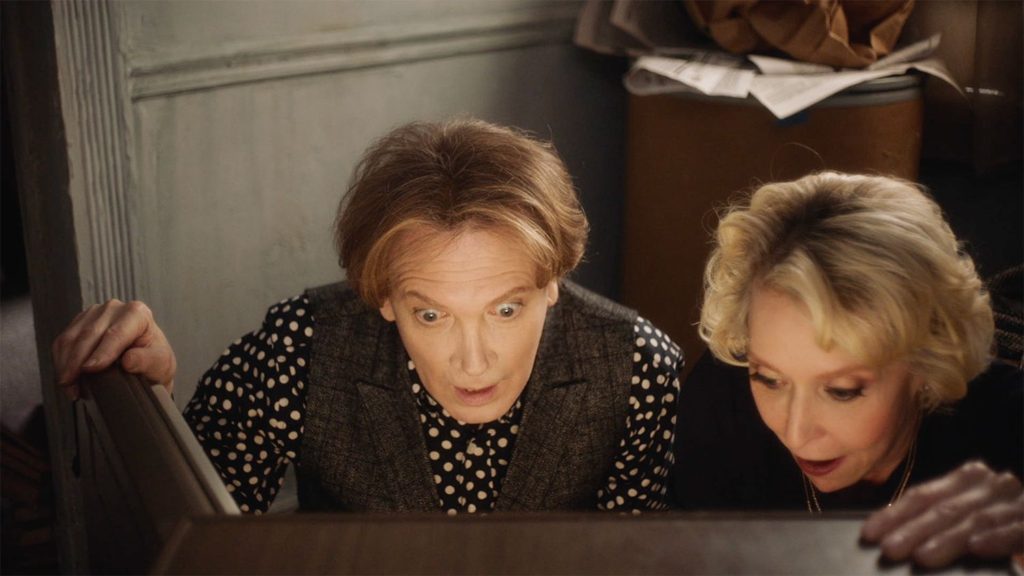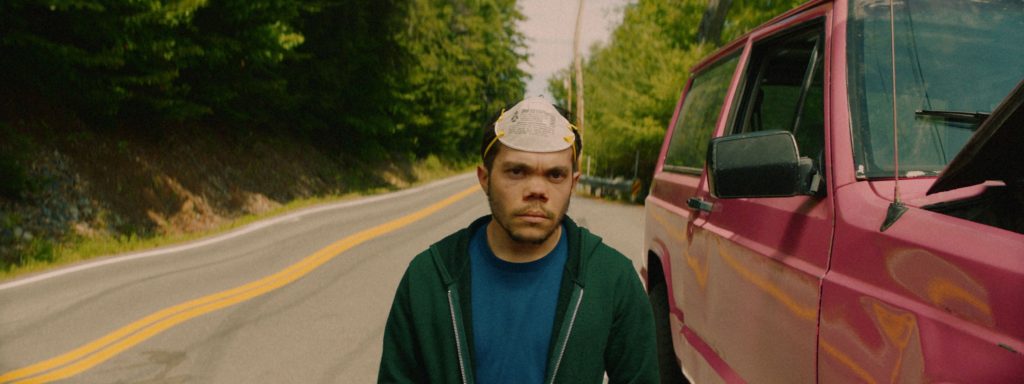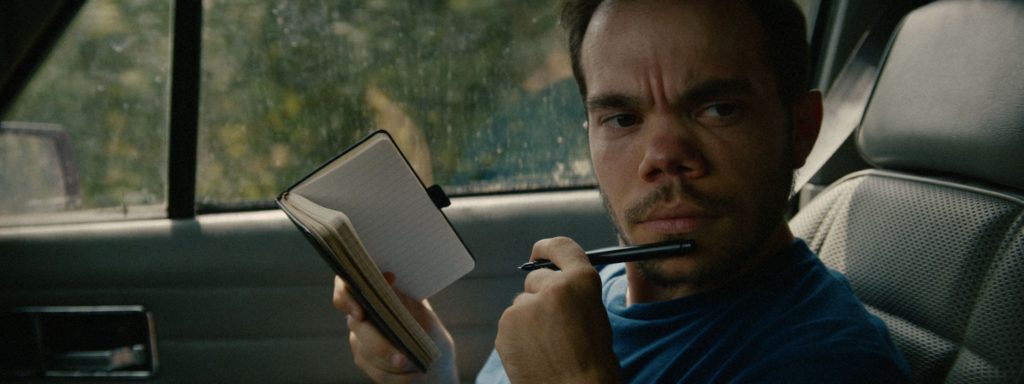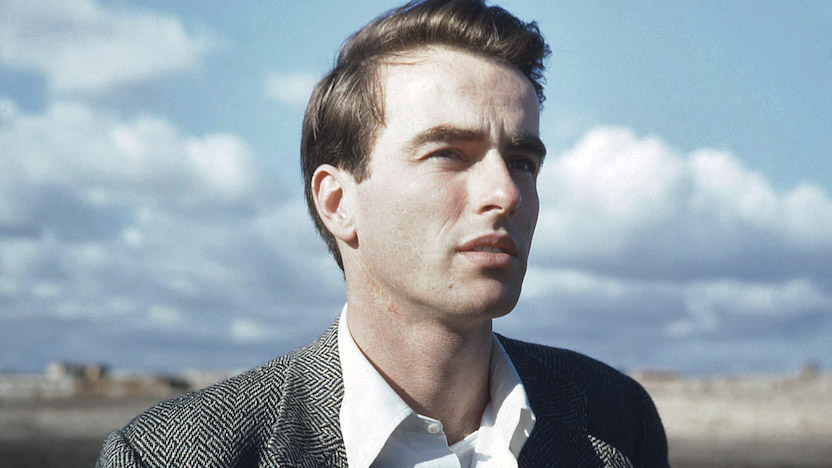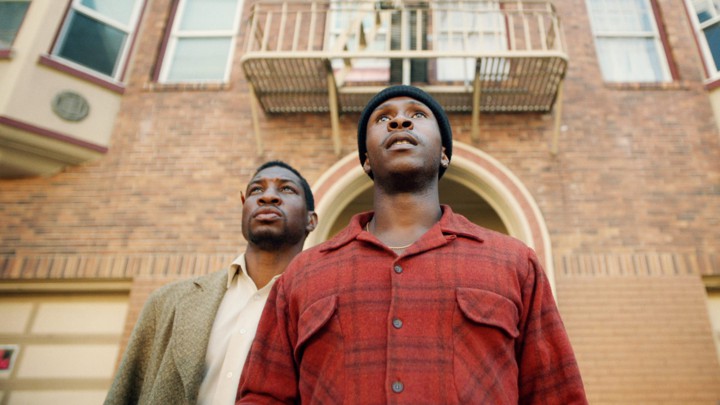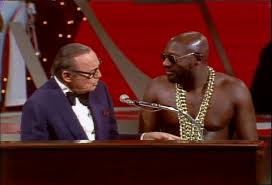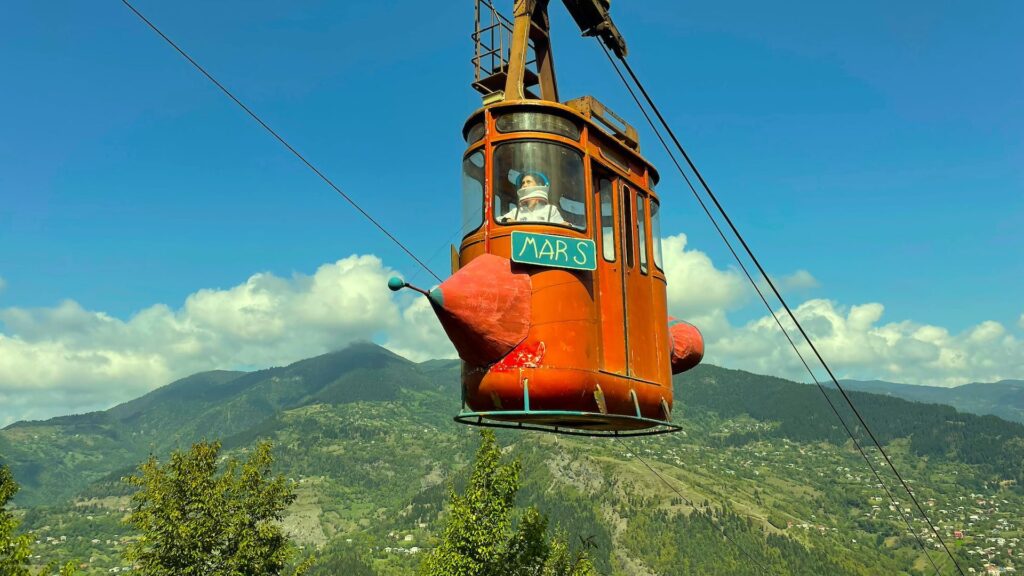
Frameline, the oldest and longest-running LGBTQ+ film festival in the world, opens tomorrow, June 19 and runs through June 29. The program includes over 120 screenings from around the globe, curated from over 1,600 submissions and invitations. Frameline films will be presented in San Francisco’s Roxie Theater, the Palace of Fine Arts Theatre, the Herbst Theatre and the Vogue Theatre, and Oakland’s The New Parkway Theater.
As always, Frameline’s program is very rich. I’ve selected three films to highlight – two highly inventive nuggets from international cinema and the restoration of a groundbreaker.
Gondola: This charming comedy is the work of a unique filmmaker, German writer-director Veit Helmer, who has been making dialogue-free films in Central Asian nations for a decade. A gondola links two mountainsides in rural Georgia, and the two female gondola operators fall in love as they pass each other over the valley. It’s remarkable how Helmer is able to pack so many story elements into a film without dialogue. (I also love Helmer’s The Bra, which I tagged as just your average silent Azerbaijani comedy.) Gondola is ever funny, sweet and imaginative.
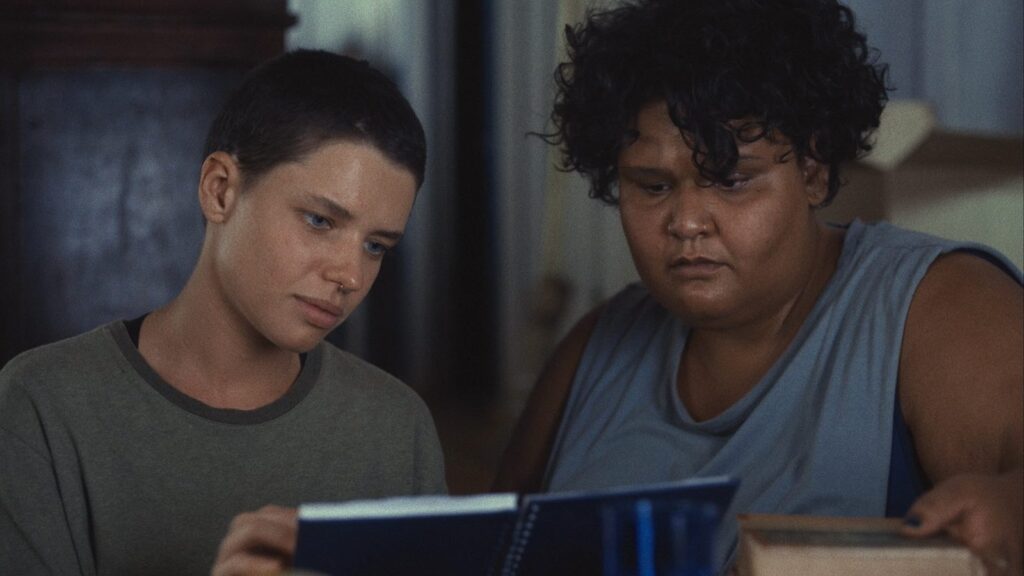
Cidade; Campo: Frameline hosts the North American premiere of this third feature by Brazilian auteur Juliana Rojas, which won her the Encounters Best Director prize at the Berlinale. There are two female-centered stories of relocation between city and countryside. One woman, forced from her rural home by a flood, moves to Sao Paolo with her sister and her vulnerable, floundering grandson; she takes an office cleaning job and joins her so-workers to push for better conditions. In the other story, a woman inherits her estranged father’s farm and moves to the sticks with her partner. She discovers that he was working with ayahuasca in an impossible business climate. The lengthy, robust sex scene will be talked about, both for its duration and its body positivity. Rojas anchors each story in in often harsh reality, but but explores grief by dotting them with the supernatural.
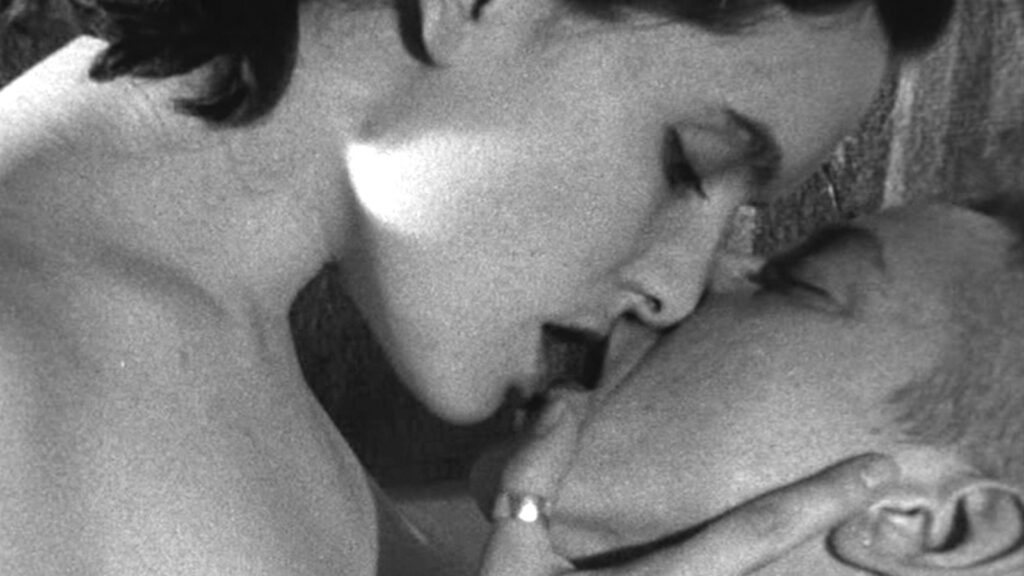
Go Fish: This pioneering lesbian classic by writer-director Rose Troche and writer-star Guinevere Turner exploded at the 1994 Sundance. Funded by Frameline’s Completion Fund Grant, a new 4K restoration will screen at the Palace of Fine Arts to celebrate its 30th anniversary. (BTW, if you get a chance to see the new doc Chasing Chasing Amy, not at Frameline, Guinevere Turner discusses the Go Fish experience at Sundance.) Both Troche and Turner are expected to appear at the Frameline screening.
There are over 100 other offerings in the Frameline48 program. Peruse the program and purchase tickets at Frameline48. Here’s the trailer for Gondola.



